Free Port Scanning Tools are invaluable for automotive technicians and even DIY car owners looking to diagnose vehicle issues. These software applications allow you to identify open communication ports on a vehicle’s network, pinpoint vulnerabilities, and troubleshoot connectivity problems. Understanding how to use these tools can significantly improve your diagnostic capabilities.
Knowing which port scanning tools free are available is a crucial first step in mastering automotive diagnostics. From simple command-line utilities to sophisticated GUI applications, the right tool can save you valuable time and effort.
Understanding the Need for Free Port Scanning Tools
Why are free port scanning tools so important in modern automotive diagnostics? Today’s vehicles are essentially complex networks of interconnected electronic control units (ECUs). These ECUs communicate with each other through various communication protocols, such as CAN bus, LIN bus, and FlexRay. When communication breaks down, it can lead to a variety of problems, from minor glitches to major malfunctions. Port scanning tools help identify these communication breakdowns by checking which ports are open and listening for data. This information can be vital in pinpointing the source of a problem.
What are the benefits of using these tools? Using these tools can save you both time and money by helping you quickly identify the root cause of a problem. Instead of relying on guesswork or replacing parts unnecessarily, you can pinpoint the faulty ECU or wiring harness, leading to more efficient and cost-effective repairs.
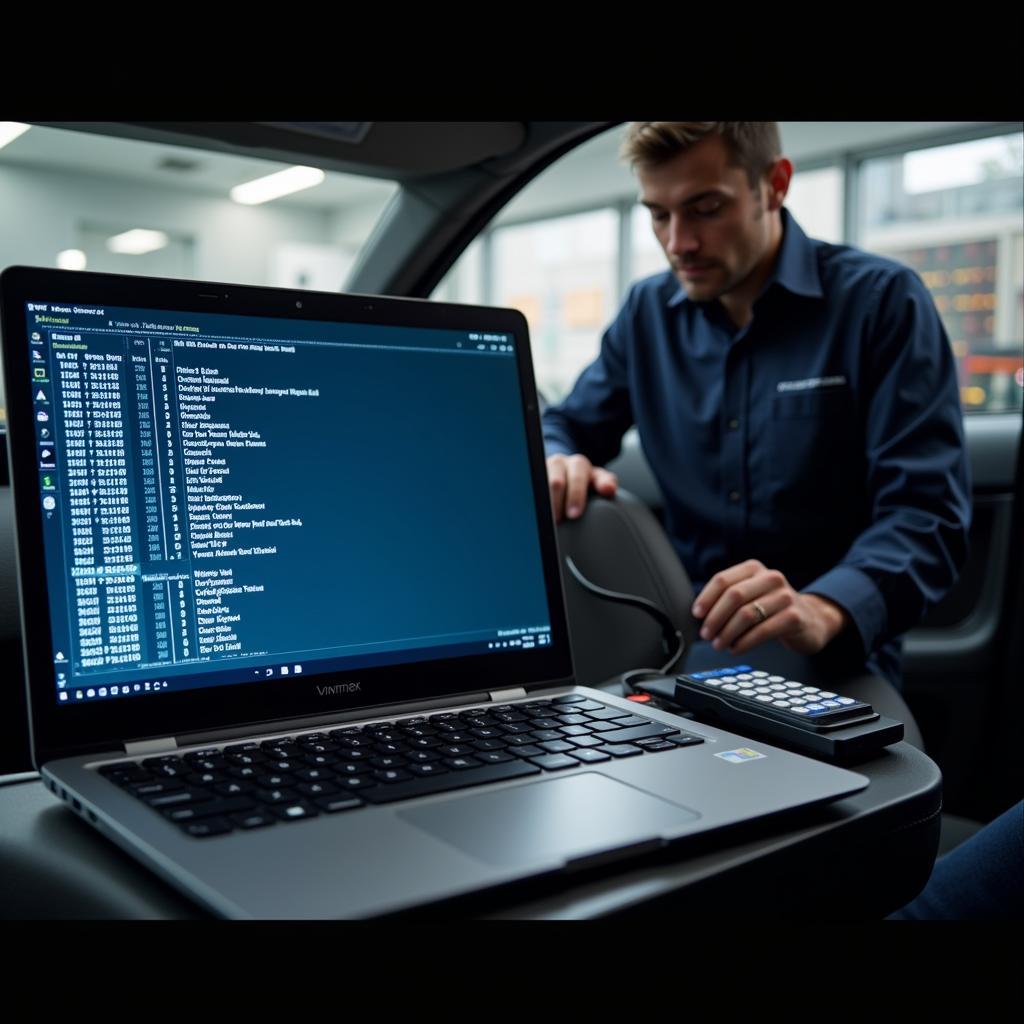 Free Port Scanning Tools for Automotive Diagnostics
Free Port Scanning Tools for Automotive Diagnostics
Choosing the Right Free Port Scanning Tool
With so many foss scanning tools available, how do you choose the right one for your needs? The best tool for you will depend on your level of technical expertise and the specific diagnostic tasks you’ll be performing. Some tools are designed for basic port scanning, while others offer advanced features like network analysis and vulnerability scanning. Consider factors such as ease of use, platform compatibility, and the availability of documentation and support when making your selection.
Key Features to Look For
What are some essential features to look for in a free port scanning tool? Look for a tool that is easy to use, with a clear and intuitive interface. It should support the communication protocols used in your vehicles, such as CAN bus. The ability to scan multiple ports simultaneously and generate detailed reports can also be valuable features.
“A good port scanning tool should not only identify open ports but also provide information about the services running on those ports,” says John Smith, Senior Automotive Diagnostician at Advanced Auto Solutions. “This helps you understand the role of each port in the vehicle’s network.”
Using Free Port Scanning Tools Effectively
How can you use free port scanning tools effectively for automotive diagnostics? Before using any port scanning tool, make sure you understand the vehicle’s communication network and the potential risks involved. Incorrectly using these tools can potentially damage ECUs or disrupt the vehicle’s network. Always consult the vehicle’s service manual and follow best practices for automotive diagnostics.
Practical Tips and Best Practices
What are some practical tips for using these tools safely and effectively? Start by identifying the vehicle’s OBD-II port and connecting your scanning tool. Select the appropriate communication protocol and specify the port range you want to scan. Once the scan is complete, analyze the results to identify any open ports or communication errors.
“Never attempt to modify or access data on a port unless you are absolutely sure of what you’re doing,” cautions Maria Garcia, Lead Automotive Engineer at AutoTech Innovations. “Unauthorized access can have serious consequences for the vehicle’s electronic systems.”
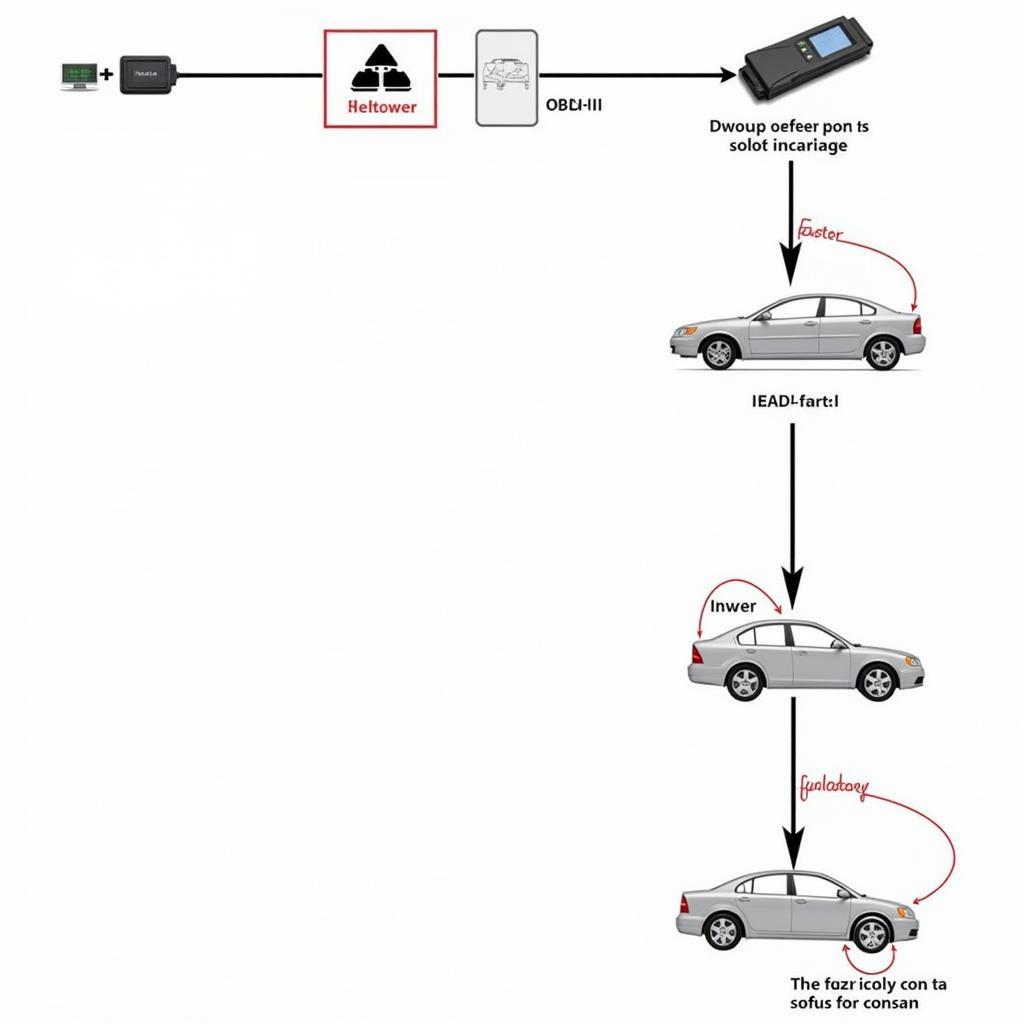 Using Port Scanning Tools Effectively
Using Port Scanning Tools Effectively
Beyond Basic Port Scanning
While free tools can be extremely useful, what are the benefits of investing in professional-grade scanning tools? Professional-grade tools like the amazon scanning tool often offer more advanced features, such as deeper network analysis, vulnerability assessments, and the ability to interact with specific ECUs. They may also come with dedicated support and regular updates, ensuring compatibility with the latest vehicle models and communication protocols. For those serious about automotive diagnostics, investing in professional-grade tools can be a worthwhile investment. These professional tools might offer more functionalities like the best hard drive scanning tool iso for data recovery and analysis. Similarly, the free website scanning tools can help ensure the security of your online presence.
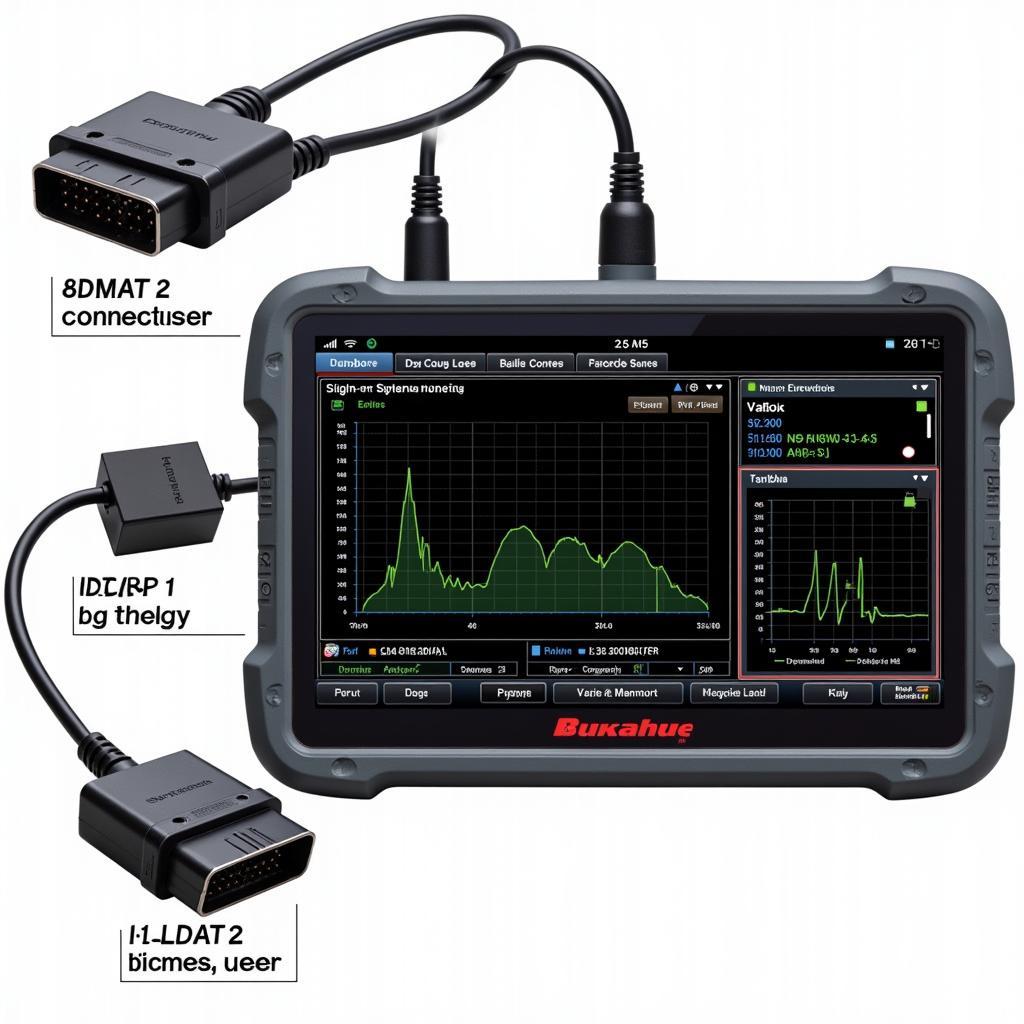 Professional-Grade Scanning Tools for Automotive Diagnostics
Professional-Grade Scanning Tools for Automotive Diagnostics
Conclusion
Free port scanning tools are essential for automotive diagnostics, enabling technicians and DIY car owners to identify communication problems and pinpoint the root cause of vehicle issues. Choosing the right tool and using it effectively can save valuable time and money, leading to more efficient and accurate repairs. Contact ScanToolUS at +1 (641) 206-8880 or visit our office at 1615 S Laramie Ave, Cicero, IL 60804, USA for any further assistance.
Do you have any questions regarding free port scanning tools? Here are some frequently asked questions:
FAQ:
- Are free port scanning tools as effective as paid versions?
- What are the common communication protocols used in vehicles?
- Can port scanning damage a vehicle’s ECUs?
- How do I interpret the results of a port scan?
- Where can I find reliable free port scanning tools?
- What are the limitations of free port scanning tools?
- Do I need any special training to use these tools?

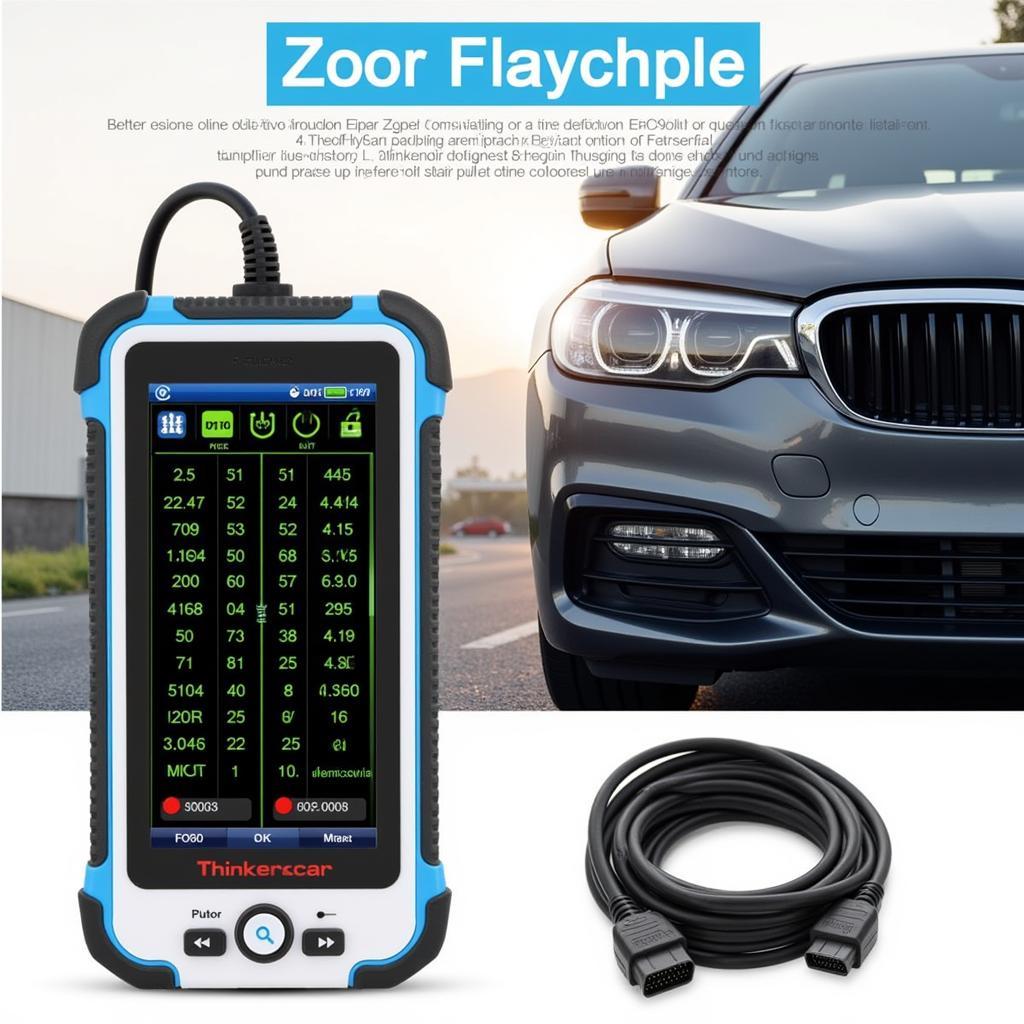
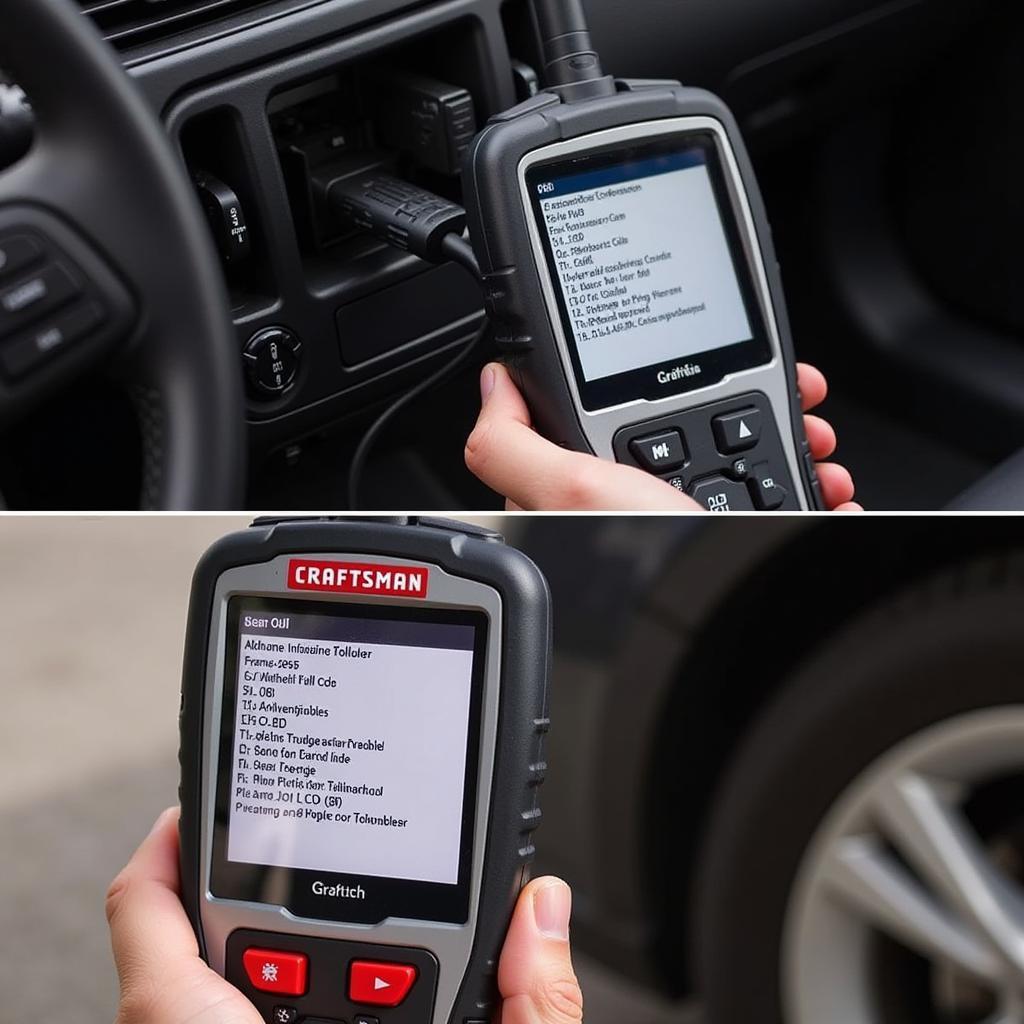
Pingback: Mastering MS Office Scanning Tools for Automotive Diagnostics - Car Scan Tool
Pingback: Network Application Scanning Tools: Essential for Modern Automotive Diagnostics - Car Scan Tool